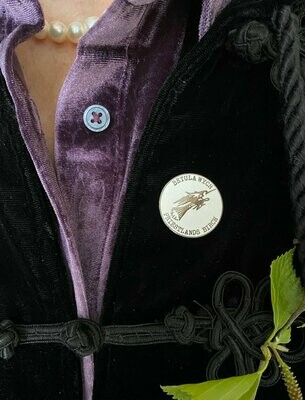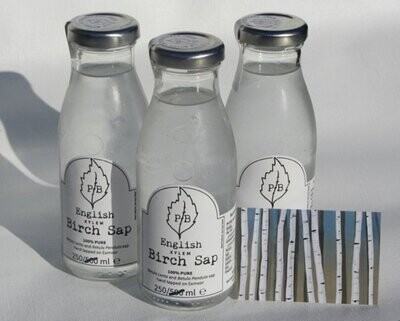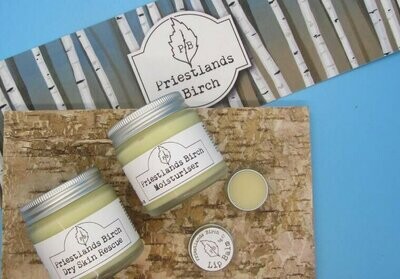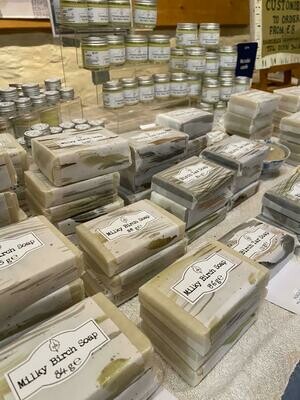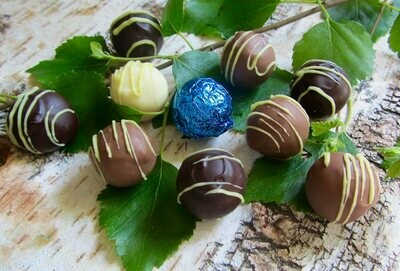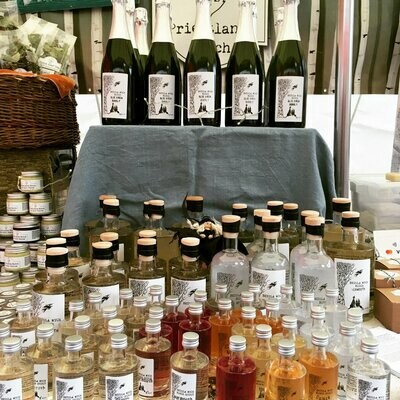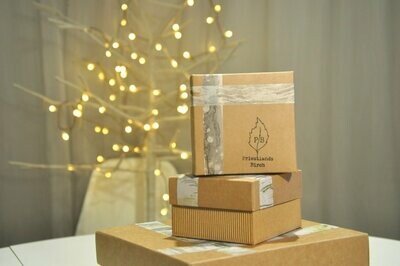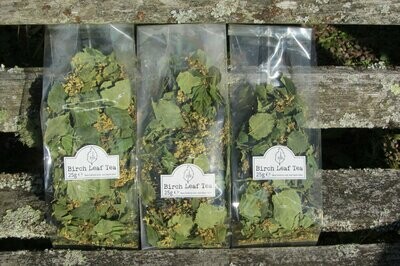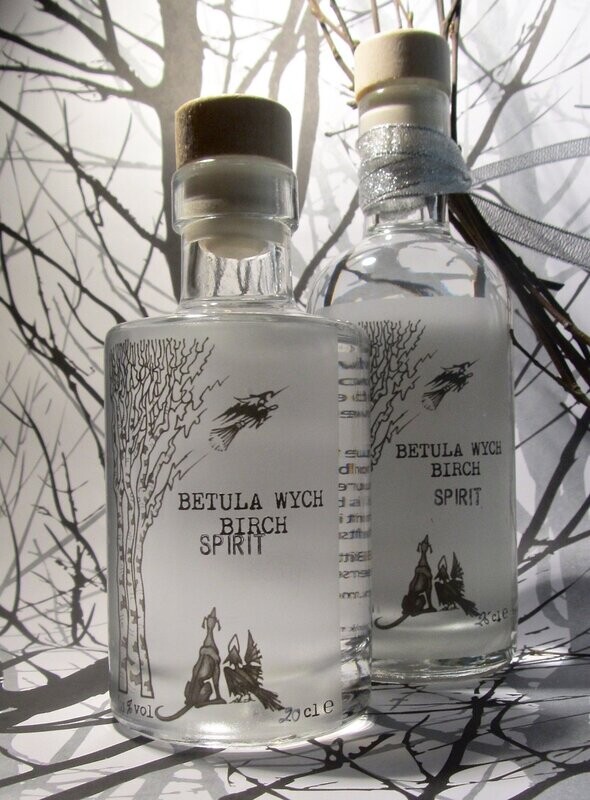Priestlands birch sap and its properties
Birch sap is available to buy at markets, online pre-orders for market collection can be made through the shop website, or by email or phone enquiry for delivery where possible.
Birch sap CANNOT be sent in the post as it needs to remain below 5*c and is not pasteurised nor preserved with additives.
Birch sap is available in 250ml, 500ml and 1 litre bottles. You can also buy a revitalising 7 day Birch Sap Detox
Birch sap can help with weight loss because it is mildly diuretic and stimulates your metabolism. Drink a 250ml bottle each day for a week....and feel clean, revitalised and fabulous!
Fresh water is drawn up through the roots of the Birch tree in March, gathering stored nutrients on its way to bring it to life after the Winter slumber. Priestlands Birch sap is tapped from the trees for four weeks only, resulting in a pure, delicate tasting drink that is as crisp and clean as it is smooth and rehydrating.
Birch sap has been enjoyed for centuries and is appreciated for its de-toxing, nutritive action and for stimulating the metabolism.
Birch Sap contains Potassium, Magnesium, Calcium, Vitamin C, Zinc, Phosphorus, Sodium, Iron, Manganese, Amino Acids, Salicylates, Saponins and Electrolytes.
The sap is only one of many useful ingredients offered by Birch trees. Priestlands Birch uses the leaves, leaf buds and inner & outer bark to create tea, birch oil and birch tar moisturising soaps and moisturisers.
Prices:
- 250ml Bottle - £4.50
- 7 Day Detox (250ml x 7) - £31.00
- 500ml Bottle - £8.50
- 1 litre Bottle - £16.00
The medical herbal properties of Birch Sap (Betula Succus)
Trees have existed long before man. They existed in the Mesozoic era (200 million years ago) whereas man, a mere 3 million years. Trees offer so much to the wellbeing of man - tools, fuel, shelter and medicine. Silver Birch offers so much to relieve the suffering of man and the leaves, bark and sap have been used for centuries.
There are two kinds of sap - raw mineral sap collected in the spring which rises from the roots to the buds and emerging leaves. This is similar to fresh water, an intracellular organic liquid collected before leaves appear on the tree and feed the emerging buds. The minerals in this sap are essential for the rejuvenation of the dormant tree and it has been associated with rejuvenation in humans too.
The second type of sap is known as phloem sap and is produced by the leaves and back down to the roots.
There is documented use of Birch sap as early as 1350 for a variety of conditions including skin, kidney and rheumatic conditions.
Today birch sap is used for the elimination of organic waste such as uric acid and cholesterol. In turn, this improves skin conditions which are the result of the accumulation of waste products due to disorders of the excretory systems. The reduction of cellulitis is particularly responsive to Birch sap therapy. It is also useful as a part of herbal therapy for the treatment of osteoarthritis as it acts on the inflammation of synovial ligaments, tendons and the contraction of muscles.
In emergencies the sap can be used as a first aid recovery from burns and in the past vets used it to treat diarrhoea in calves as a re-mineralisation and dehydration therapy.
The constituents are well documented, for herbal medicine the geography and nature of the subsoil the Birch is grown in provides subtle differences in the qualities of the sap including the minerals calcium, copper, iron, magnesium, manganese, potassium, sodium and zinc, two major glycosides (betuloside and monotropitoside), methyl salicylate, the plant hormone abscisic acid, 17 amino acids, mucilage and mineral salts.
March is traditionally the time to use Birch sap as a general tonic - reuniting man with the seasons and plant kingdom and harmonising the ancient relationship. Man has been dependent on plants for medicines since time began and they still serve us well today. However we have lost some skills because we have forgotten. Revive your interest and confidence in plant medicine.
Bernadette Dowling, Medical Herbalist, RN, OHN, Herb Med Bsc (hons). MCPP.
Medical Herbal Courses at Threshing Barn

